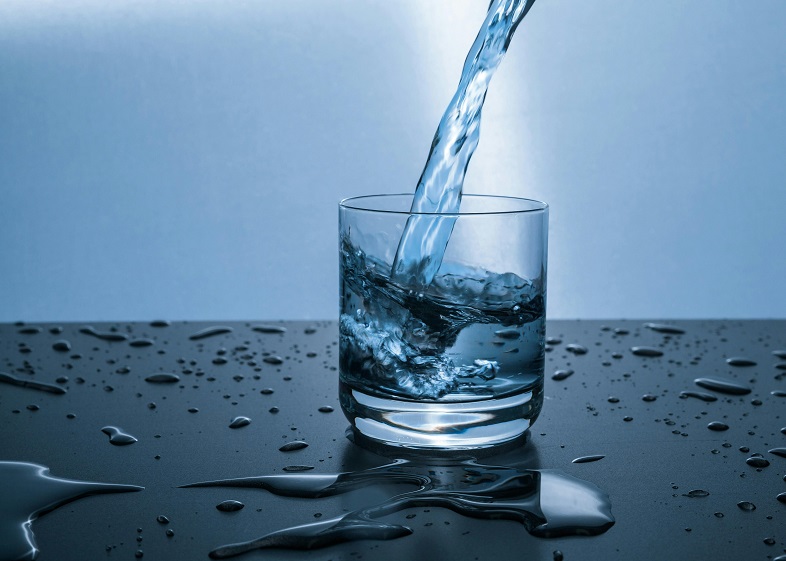11 Nov 2024: Water softeners have ended up increasingly more well-known for households coping with hard water issues, however, do they honestly make a difference? Hard water, rich in minerals like calcium and magnesium, can cause a variety of family-demanding situations, from scale buildup in pipes and home gadgets to dry pores and skin and stupid hair. Water softens paintings by eliminating those minerals, converting tough water into “gentle” water. However, like several home tools, water softeners encompass both blessings and drawbacks.
Here’s a breakdown of the way they work and the professionals and cons of using a water softener.
How Do Water Softeners Work?
Water softeners typically use a way referred to as ion alternate. Hard water flows via a tank containing resin beads that are negatively charged and lined with sodium ions. The charged calcium and magnesium ions in the difficult water are interested by the resin beads, in which they are exchanged for sodium ions. This trade gets rid of the “hard” minerals, leaving the water softened. Periodically, the device regenerates, flushing out the calcium and magnesium at the same time as replenishing the sodium in the beads.
Pros of Using a Water Softener
Improved Appliance Longevity
Hard water minerals can increase over the years in home equipment like dishwashers, washing machines, and water heaters, reducing their performance and shortening their lifespan. Softened water minimizes this buildup, assisting this domestic device to run more successfully and longer.
Better Soap and Detergent Efficiency
Soft water enhances the effectiveness of cleaning soap and detergent, as minerals in hard water can lessen cleaning soap’s lathering potential. In mild water, cleansing soap rinses off without problems, leaving fewer residues and permitting you to apply much less detergent. This can bring about price financial savings and higher cleaning consequences.
Reduced Scale Buildup
Hard water often leaves at the back of the scale, a white, chalky residue that may clog pipes and stain furnishings. This buildup isn’t always handiest unattractive but also impairs the functionality of plumbing structures. Water softeners save you scale buildup, which can result in smoother water flow and less unusual plumbing upkeep.
Healthier Skin and Hair
Many customers document that gentle water is gentler on pores skin and hair. Hard water can go away pores and pores and skin feeling dry and itchy and hair searching stupid because of the mineral residue it leaves inside the lower back. By disposing of these minerals, mild water enables to hold pores and skin hydrated and hair bright.
Cons of Using a Water Softener
Sodium Content in Water
One downside to the ion alternate technique is that it introduces small amounts of sodium into the water. While the sodium tiers are typically low, this could be a concern for individuals on low-sodium diets. For consuming water, some owners pick out a separate clean-out or pass tap.
Environmental Impact
The regeneration manner for water softeners includes flushing out minerals, which often emerge as in wastewater. This wastewater could have environmental implications, as it introduces targeted stages of minerals into the sewage machine or nearby water bodies. Some areas have rules on salt-based softeners due to the one’s environmental worries.
Cost and Maintenance
Water softeners may be luxurious, with prematurely set-up charges and ongoing protection costs. Additionally, they require ordinary replenishment of salt, which offers to the lengthy-term charges. Maintenance consists of cleansing the tank and ensuring the resin beads remain functional, which may require professional servicing.
Potential Impact on Plant Health
The sodium content fabric in softened water can affect the health of plant life and lawns if used for irrigation. Sodium is not perfect for plant growth, and using softened water for gardening can also cause bad plant health. Many houseowners use untreated water for outside capabilities or pass the water softener system for outside taps.
Conclusion: Are Water Softeners Worth It?
Water softeners are effective in addressing tough water issues, imparting benefits like improved appliance durability, more inexperienced cleaning soap utilization, reduced scale buildup, and healthier pores skin, and hair. However, they come with alternate-offs, which include expanded sodium stages, environmental effects, upfront charges, and feasible consequences on flora.
For households dealing with slight to severe hard water, a water softener can be profitable funding, especially if the concern is to protect plumbing and appliances. For the ones in most cases worried about consuming water or environmental effects, exploring salt-loose options, like water conditioners, might be a better answer.


Leave a Reply